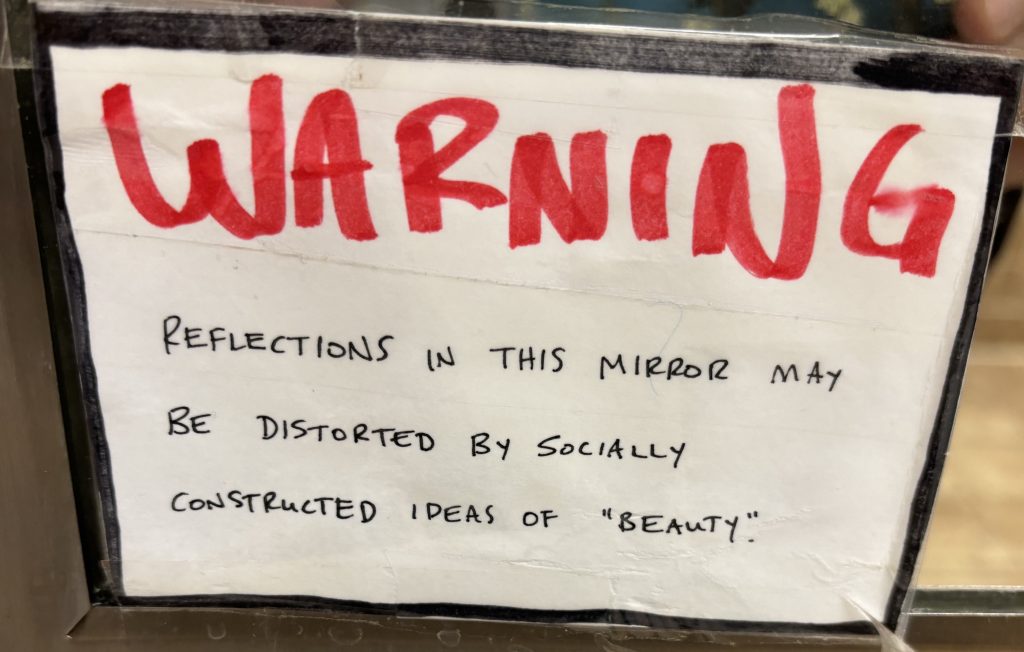This past Thursday, I had the pleasure of presenting to a diverse group of educational leaders. I couldn’t help but think about the talent and influence in the room. As leaders–superintendents, administrators, literacy leads, curriculum consultants–we have an incredible opportunity to ensure students receive quality literacy instruction.
Adam Grant reminds us: “An education system isn’t truly successful until all children–regardless of background and resources–have the opportunity to reach their potential.” The nature of that potential will vary from student to student. We cannot know what will become of the students in our schools: the paths they will choose, their place in the world, or the impact they will have on others.
Last night, for example, we saw the play The Mountaintop at the Citadel Theatre. It was a powerful, fictionalized take on what might have occurred the night before Martin Luther King Jr. was assassinated. This piece of art was both thought-provoking and compelling. I was riveted as two actors commanded the stage–their potential realized in these roles. My mind wandered to the writer and the other creative minds that brought this play to life through lighting, sound, costumes, and set design–the potential of these artists also realized in the work they do. Inevitably, I thought about Martin Luther King Jr. himself. His leadership in the civil rights movement: his passion and devotion, his unforgettable words, his lasting legacy.
Educators teach students the skills needed to function in society and interact with the world. The eventual application of skills will be nuanced but the foundations remain the same.
The possibilities and potential of the students in our classrooms is truly staggering. How do we ensure that “all children–regardless of background and resources–have the opportunity to reach their potential”? As educational leaders, we can leverage our knowledge of literacy learning, lead in ways that inspire others, build capacity with staff, become a catalyst for change, instill hope, and help uncover the potential of all.
“We have more possibilities available in each moment than we realize.” Thich Nhat Hanh

